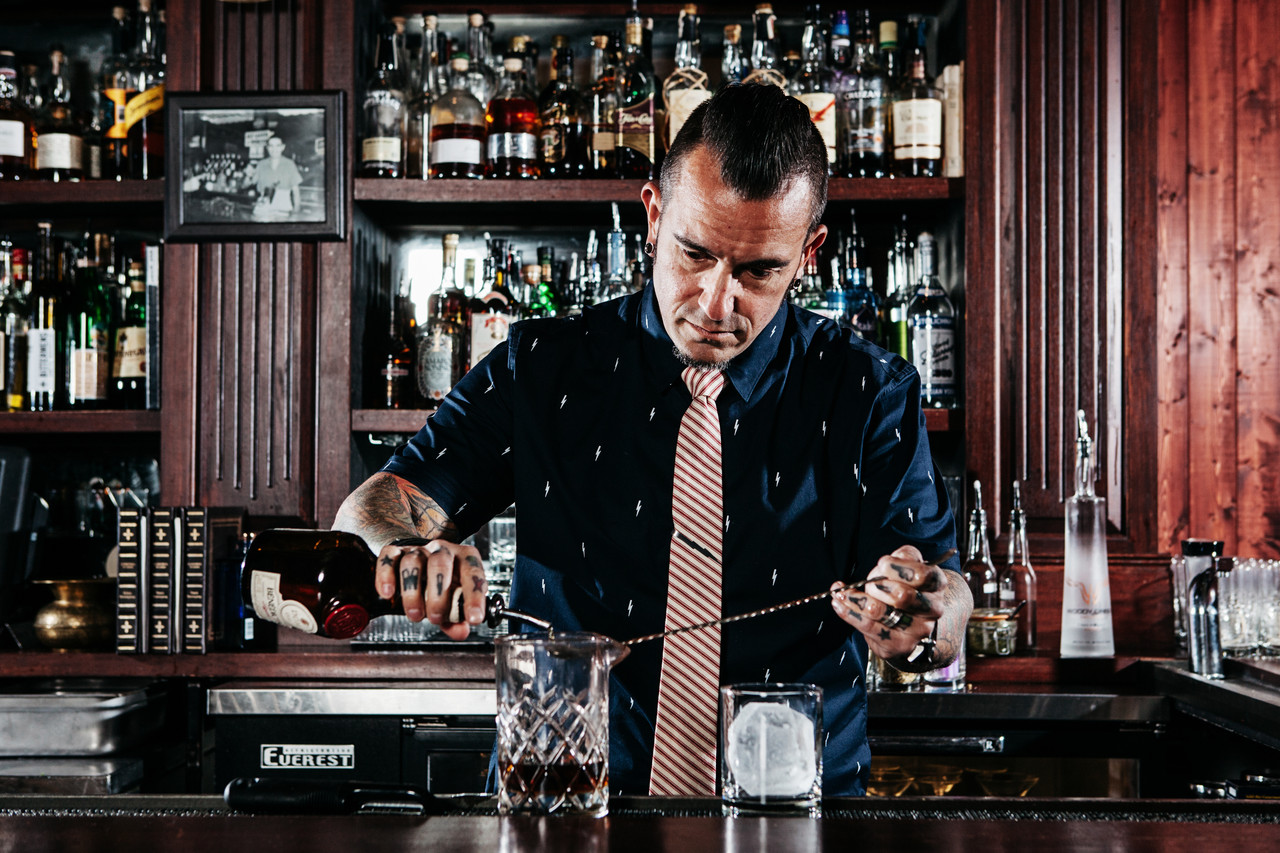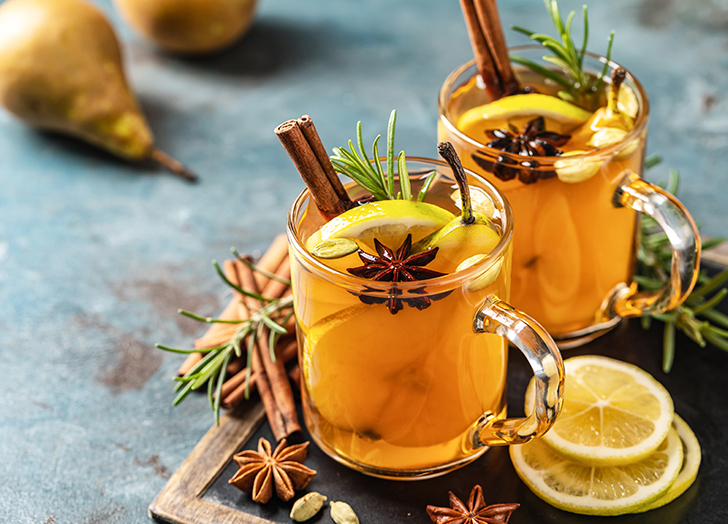
Pennsylvania law includes specific rules regarding the alcohol consumption of bartenders or waiters, bouncers, doormen, bouncers, certificate distributor salespeople, and other employees. While employees may legally drink alcohol on the job in some cases, employers must monitor how much alcohol is being served and whether it's safe for guests to consume more. Employers can discipline or fire employees who are found to be excessively drinking.
Dram Shop Law
Pennsylvania's Dram Shop law protects people from dangerous alcohol-serving habits. In other words, bartenders and service personnel can be held responsible for any accident involving an impaired person. Intoxicated persons may cause injuries that can lead to civil and criminal prosecutions.
Pennsylvania's Dram Shop legislation is more conservative that similar laws in other States. A bar/restaurant must not serve alcohol beverages to an individual who is visible intoxicated. A person under 21 must be present. Also, refusal to serve is not possible for anyone with a cognitive disability or alcoholism.

Minimum age to be a bartender and serve alcohol
You should be aware of the minimum age required for bartenders in Pennsylvania if you plan to open a bar and serve alcohol to the public. While the age can vary from one state to the next, in general it is between eighteen and twenty-1 years. In addition, different states have different laws regarding what age is required to serve alcohol, so you should also check the specific requirements for your state.
The law prohibits you from serving alcohol to minors. The Pennsylvania criminal code defines minor as anyone under 21 years. There are also specific requirements regarding acceptable identification.
Reasons why bartenders are permitted to drink on the jobs
Pennsylvania has created a law to limit the hours bartenders have to consume alcohol while working. The law specifically states that they must be sober, and not be under any influence of alcohol. There are exceptions. Bars with government-run monopolies can serve alcohol at certain hours. Bartenders are limited to serving one drink per hour because of these hours. This is to avoid alcohol-related intoxication but also means that bartenders must wait for their customers to finish their drinks.
Although it is frowned upon to drink while working, it is legal in certain states. In California, for instance, bartenders are allowed to consume alcohol while at work, and they may even be encouraged to do so by their employers. Business owners should consult an attorney before hiring bartenders to make sure they comply with local laws.

Penalties for violating law
You can face many different penalties for breaking the law in Pennsylvania as a bartender. If you serve alcohol intoxicated persons, your license may be suspended or an administrative fine could be imposed. You could be facing criminal or civil charges if you serve alcohol to minors. If you are found guilty, you could also face a one year sentence in jail.
A suspension of license or fines up to hundreds of dollars can be imposed for underage drinking. Pennsylvania law also includes penalties for adults who sell alcohol to minors. While parents may feel like they are exempt from these penalties, it is important to remember that adults who provide alcohol to minors face stiff penalties.
FAQ
How can I tell whether a drink is too strong?
A stronger drink contains more alcohol than a weaker one. The proof is the measure of alcohol in a beverage. One proof is equal to one percent alcohol per 100g alcohol volume. So a 12 oz. A bottle of wine would need to be 10 proofs while a 16 oz. bottle would require 16. Beer would be 13 proofs and 40 oz. 45 proofs would be the bottle of Scotch.
What is a shaker, you ask?
A shaker allows you to combine multiple ingredients. A strainer is included in the shaker to allow you to strain out any solids. The lid prevents unwanted smells from escape while the shaker is being used.
What should we do if someone orders a "dirty” martini?
A dirty martini can be a martini topped with extra olives.
How can I learn to make cocktails?
There's no one right answer here. You'll need to experiment until you find what works best for you.
Here are some tips to help you make cocktails.
-
Citrus juice, orange juice and lemon juice are all common ingredients in many recipes. These ingredients may not be interchangeable.
-
Different recipes may require different types of glassware. So before you buy anything, check out which glasses work best with your preferred type of beverage.
-
Mixing cocktails is easier if you add ice first. Then pour the liquid over the ice.
-
Always shake well Shaking will aerate the mixture and give you a more flavorful drink.
-
Garnishes can be a great addition to any meal. They bring everything together.
-
Always use fresh herbs. Fresh herbs taste better than dried.
-
Explore different flavours. Mixing different fruits, spices, herbs and herbs with your favorite beverage can make it even more delicious.
-
Experiment with different alcohols. There are many options for spirits. Each has its own unique flavor profile.
-
Mixing drinks can make it fun. Mixing drinks can be fun if you follow the simple rules.
-
Don't be afraid to ask any questions. Most restaurants and bars are willing to share their knowledge.
Statistics
- American blended whiskeys are so inexpensive because they only have to contain 20 percent whiskey; the rest can be made up of neutral grain spirits, colorings, and flavorings. (mashed.com)
- It is customary to leave a tip of 10-20% of the bill total. (boguesounddistillery.com)
- You can simply follow the rule of thumb: $1/beer or wine, $2/ cocktail, and 10-20% for large tabs. (alembicbar.com)
- The tequila should be 100 percent agave, not the cheaper “mixto” products, which blend a minimum of 51 percent agave with other sugars. (cooking.nytimes.com)
External Links
How To
How to make a good martini?
A martini (or vodka) is made of gin, vermouth, ice and other ingredients. Before mixing the ingredients, it is important to thoroughly combine them. It is typically served in chilled glasses. It is best to have a martini straight up. You ruin the taste if you mix it.
Two olives are the most common way to serve martinis. You can also put some olive brine on the rim of the glass if you want to give your drink extra flavor.
Any type of alcohol can be used, however it is best to use 100% grain alcohol such as Vodka and Gin. This gives the cocktail more texture. There are many varieties of vermouths, but we recommend using one without added sugar. Too much sugar makes cocktails too sweet.
To start making a martini, pour 2 ounces of dry vermouth into a shaker filled with ice. 1 ounce vodka is added. Stir vigorously until combined. Mix well in a chilled martini glass. Garnish with an olive.
Follow the steps above to make a martini with a shaker. Do not shake the mixture more than necessary to mix all the ingredients.